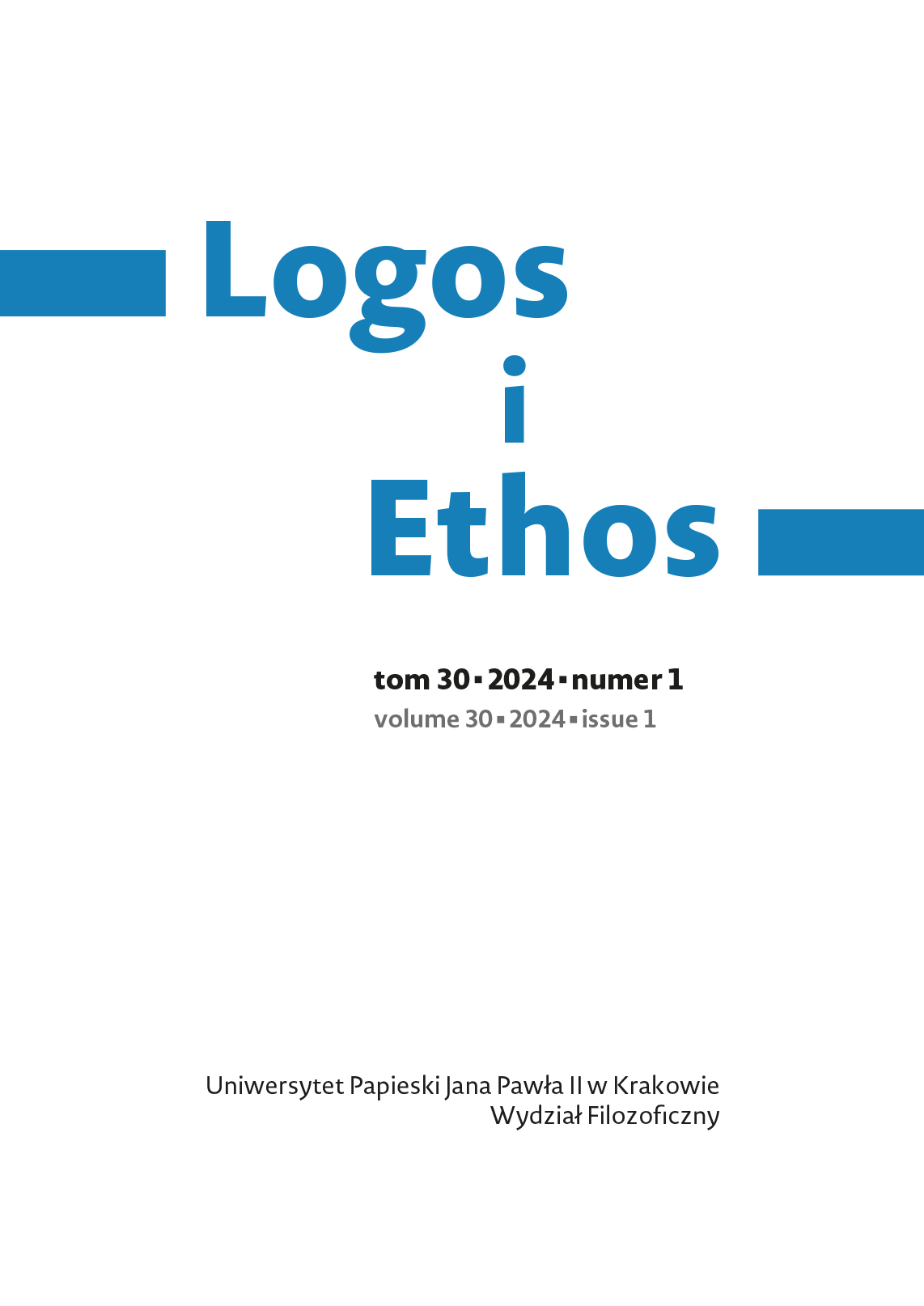Problems with the common good in the world of meritocracy
DOI:
https://doi.org/10.15633/lie.30106Keywords:
meritocracy, Michael Sandel, common goodAbstract
In a world overly filled with meritocratic thinking only merit values; respect and recognition are only due to those who achieve success. Losers don't count. The effect of this is the erosion of the common good, which first becomes visible in its material dimension. Meritocratic winners do not want to take action on behalf of losers who, in their opinion, owe their defeat to themselves. In the practice of social life, this means problems with financing the material dimension of the common good and its gradual erosion, which results in the disappearance of both the sense of community and the existence of the network of relationships in which human life takes place. According to Michael Sandel, in order to avoid further degradation of social life, we must move away from meritocratic thinking. This requires a change in thinking and the recognition that not only merits that translate into money are important to a person. The existence of a well-functioning society and community is correlated with the common good, when the sense of it disappears, everything gradually falls apart, and only financial resources begin to count.
References
Baudrillard J., Społeczeństwo konsumpcyjne. Jego mity i struktury, przeł. S. Królak, Warszawa 2006.
Dennis R., Hamilton C., Affluenza. When too much is never enough, Crows Nest 2006.
Krstić D., Mileva & Albert Einstein: Their love and scientific collaboration, Radovljicaa 2004.
Nussbaum M. C., Creating capabilities: the human development approach, London 2013.
Machura P., Dobro a interesy – ku hermeneutyce filozofii praktycznej, „Zeszyty Naukowe Wyższej Szkoły Bankowej w Poznaniu” 49 (2013) nr 4, s. 235–250.
Machura P., Wokół koncepcji dobra we współczesnym neoarystotelizmie anglosaskim. Normatywność, działanie, praktyki, Katowice 2019.
Morawski K., Dyskurs, hegemonia, radykalna demokracja, „Studia Philosophica Wratislaviensia” 13 (2018) fasc. 1, s. 89–104.
Mysona Byrska J., Cnoty mniejsze w świecie konsumpcji. Skonsumowana przyjaźń, zaufanie, życzliwość, szacunek oraz gniew i chciwość, Kraków 2022.
Nussbaum M. C., Nie dla zysku. Dlaczego demokracja potrzebuje humanistów, przeł. Ł. Pawłowski, Warszawa 2016.
Sandel M., Czego nie można kupić za pieniądze. Moralne granice rynku, przeł. A. Chromik, T. Sikora, Warszawa 2012.
Sandel M., Sprawiedliwość: jak postępować słusznie, przeł. O. Siara, Warszawa 2013.
Sandel M., Tyrania merytokracji. Co się stało z dobrem wspólnym, przeł. B. Sałbut, Warszawa 2020.
Sen A., Commodities and capabilities, Amsterdam 1985.
Sen A., Rozwój i wolność, przeł. J. Łoziński, Poznań 2002.
Shapiro I., Stan teorii demokracji, przeł. I. Kisilowska, Warszawa 2006.
Tarasiewicz P., Dobro wspólne z perspektywy personalizmu filozoficznego, https://tiny.pl/c6vdj (03.01.2024).
Tischner J., Świat ludzkiej nadziei, Kraków 1994.
Downloads
Published
Issue
Section
License

This work is licensed under a Creative Commons Attribution 4.0 International License.
Authors who publish with this journal agree to the following terms:
- Authors retain the copyright and full publishing rights without restrictions, and grant the journal right of first publication with the work simultaneously licensed under a Creative Commons Attribution 4.0 International License that allows others to share the work with an acknowledgement of the work's authorship and initial publication in this journal.
- Authors are able to enter into separate, additional contractual arrangements for the non-exclusive distribution of the journal's published version of the work (e.g., post it to an institutional repository or publish it in a book), with an acknowledgement of its initial publication in this journal.
- Authors are permitted and encouraged to post their work online (e.g., in institutional repositories or on their website) prior to and during the submission process, as it can lead to productive exchanges, as well as earlier and greater citation of published work (See The Effect of Open Access).

